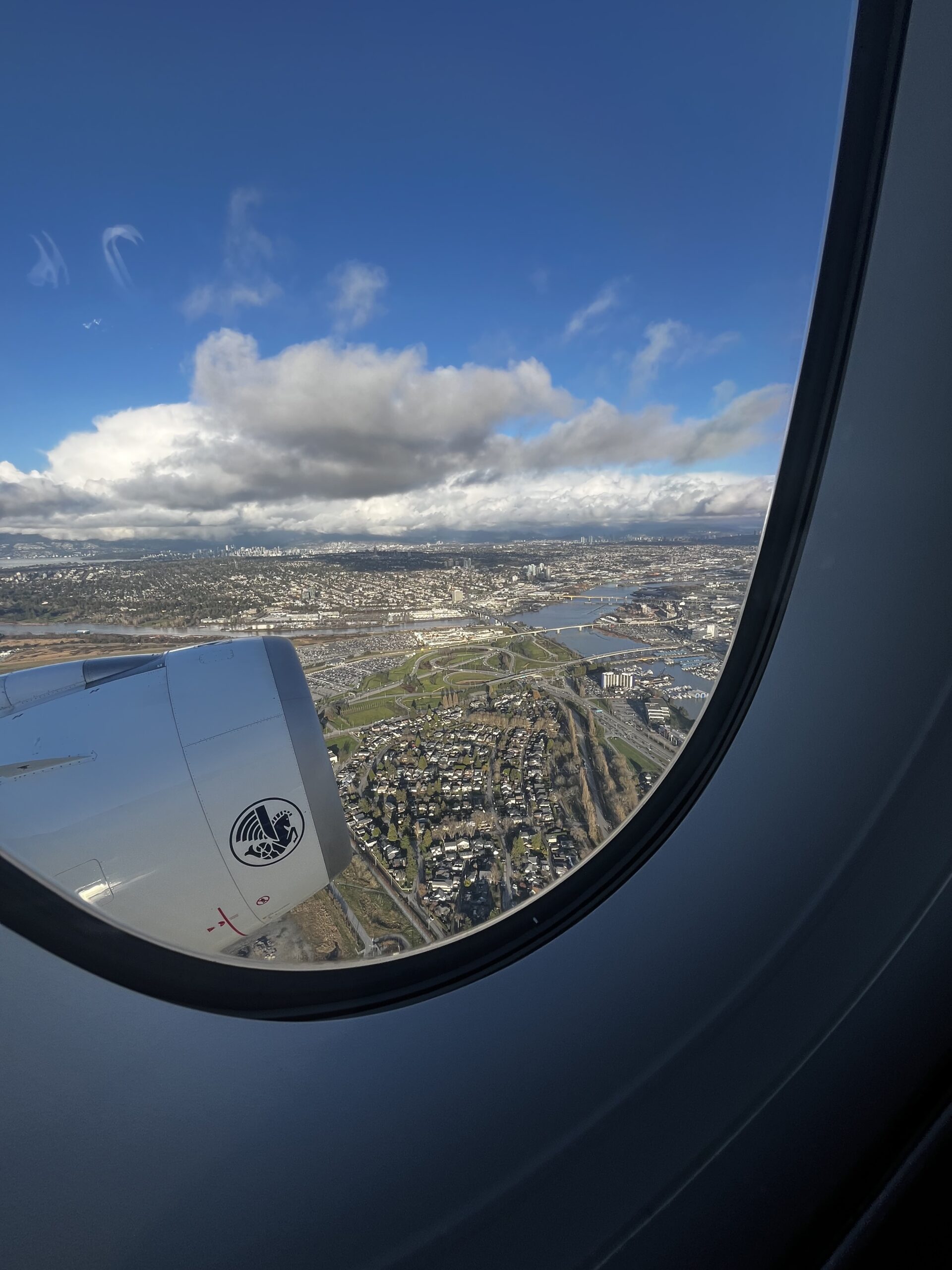Transcript
INTERVIEWER: [VOICEOVER] This recording is only a short excerpt of an interview I had with a CFI, a certified flight instructor out here in Kamloops, BC. Out of many things we discussed on the day, this recording mainly focuses on how long it takes the average student to complete their flight training. As well as the current demand, how well that would hold up between now and the next 10 years.
INTERVIEWER: On average, the average student you know that you instruct how long does it would it take them to go from PPL to let’s say all the ratings that they have to get before they you know get their hours, their 1500 hours?
INTERVIEWEE: Um. so to get your training, like all of our training is done one on one.
INTERVIEWER: mm hmm
INTERVIEWEE: um and the schedule is built by the student.
INTERVIEWER: OK
INTERVIEWEE: So realistically speaking the student has a big say in how quickly they do their training. Um. so people who work part time, saving up and flying will definitely take a little more time than someone who’s like already saved up money ahead of time and then is just gonna go you know full on, full board at it.
INTERVIEWER: Yeah
INTERVIEWEE: Um so that being said I would say you know, private pilot license can take anywhere from 4 months to a year depending on how you play it out.
INTERVIEWER: Yeah
INTERVIEWEE: And then the same applies for a commercial you would after you get your private pilot license, to go for a commercial pilot license you’re looking at around six months to about a year.
INTERVIEWER: Okay
INTERVIEWEE: Right um and then any ratings and stuff you add on top um like on top of the commercial you can either do like an instructor rating.
INTERVIEWER: Yeah
INTERVIEWEE: Or an IFR or an instrument flight rating.
INTERVIEWER: Yeah
INTERVIEWEE: Um a multi engine rating. So all of those things will take different amounts of time.
INTERVIEWER: Okay
INTERVIEWEE: Um a big part of it is the student and then there’s also the resources available. Um there are times when we’re uh a little slower when there’s more resources available for people and then there’s times when we’re busier, and then there’s you know now everybody’s kind of pulling into the same set of resources.
INTERVIEWER: Yeah OK
INTERVIEWER: [Voiceover] Earlier on in the interview, myself and the interviewee briefly discussed on how a lot of pilots are currently entering the retirement phase of their careers. So based off of that information, I posed to him a new question and the question was, “If the current demand of pilots would be maintained between now and the next decade.”
INTERVIEWER: …between say now and 10 years time
INTERVIEWEE: Um I’d say some of it will have to do with how artificial intelligence plays out.
INTERVIEWER: Interesting
INTERVIEWEE: Right um I don’t think it will change things within the next 10 years.
INTERVIEWER: Okay
INTERVIEWEE: Um but I mean the way things are going with AI nobody really knows right, um because um there’s actually been test flights with just complete automation in flying so we have had where one airplane did an entire takeoff and a landing sequence all with nobody inside the airplane right but that was in perfect conditions; you know no other traffic and yeah a whole bunch of things had to go the right way for it to work.
INTERVIEWER: Right
INTERVIEWEE: Um now how long before it kind of gets long, big enough for you know airline style flying I would…I don’t know. But I would say maybe not in the next 10 years.
INTERVIEWER: Yeah
INTERVIEWEE: Because you know I think people need to feel comfortable around say cars that drive themselves before they say airplanes can fly themselves. But other than that the appetite for people wanting to travel is definitely pretty high. Um it could be a factor of you know being stuck for a year inside because of Covid, but it could also be a factor of all of the people posting stuff on Instagram and YouTube and saying how they’ve gone here and there. Yeah um so I would say there’s definitely a a big room for improvement for aviation people wanna travel more and more these days um so that will definitely um be a big factor um so I don’t think we’re gonna see too many slowdowns. There will be hiccups, um like right now with the you know the US-Canada relationships there’s definitely a bit of a hiccup here.
INTERVIEWER: Yeah
INTERVIEWEE: Um but I think there’s also like the airlines are also large enough that they can try to pivot to maybe fly more to sun destinations in the winter, or European destinations in the summer and and that will keep the ball rolling for hiring from an airline perspective. And with the aviation industry, it’s kind of a hiring kind of works as a bit of a vacuum process meaning the the major airlines hire the guys below them and then they hire from the guys below them and so on, and then finally it hits the flight schools. Right so it’s it kind of work it works as a kind of a vacuum going up.
INTERVIEWER: It’s a pecking order.
INTERVIEWEE: Yeah so it it the when the airlines stop to hire that’s when things can go sideways.
INTERVIEWER: Haywire yeah.
INTERVIEWEE: Um so and I think that the the hiring hasn’t stopped it’s slowed down for sure.
INTERVIEWER: Okay
INTERVIEWEE: Um but um yeah it it depends and then a lot of it is also seasonal, there’s summer only jobs as well um so that also kind of changes things as well so yeah.
